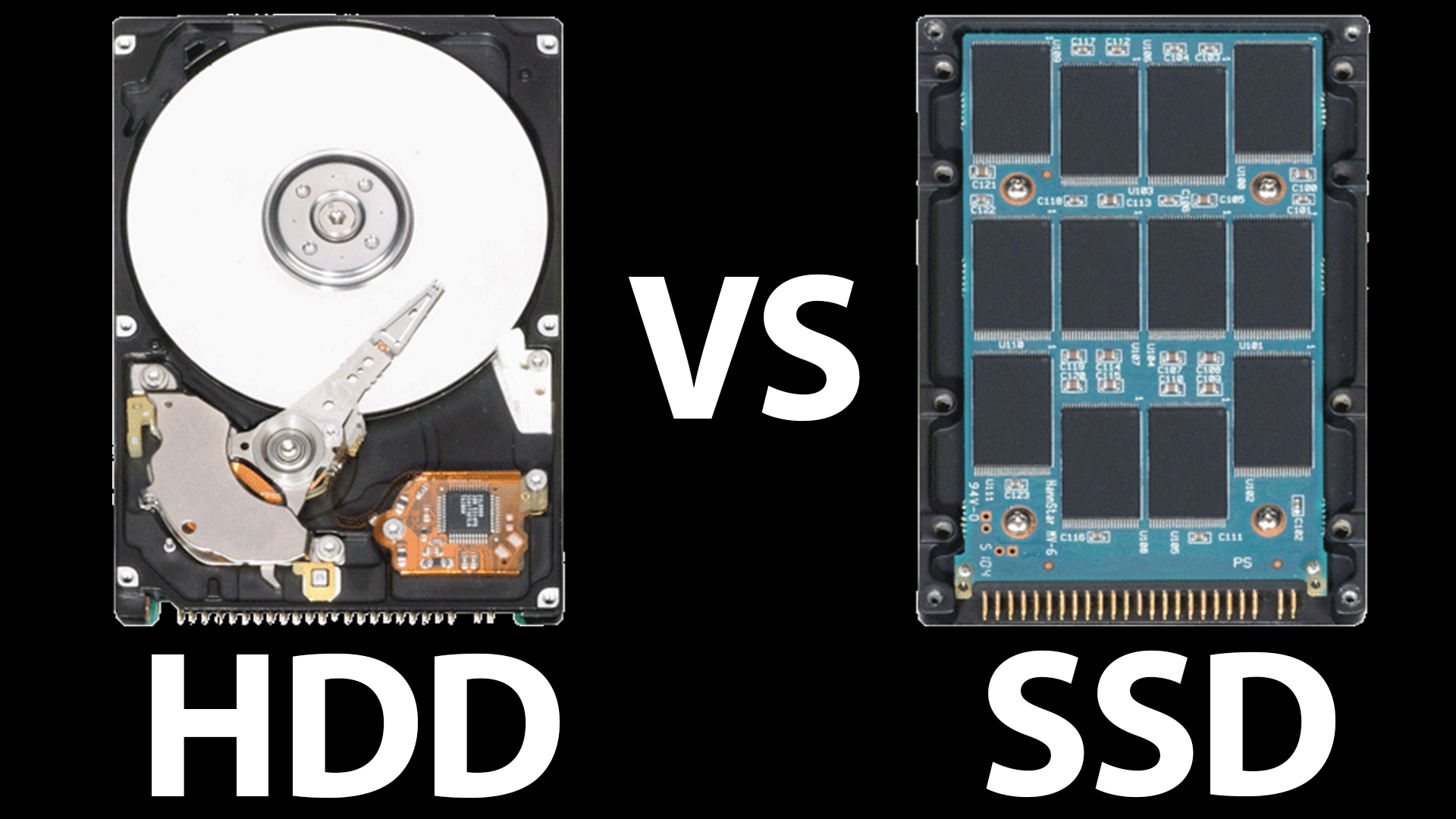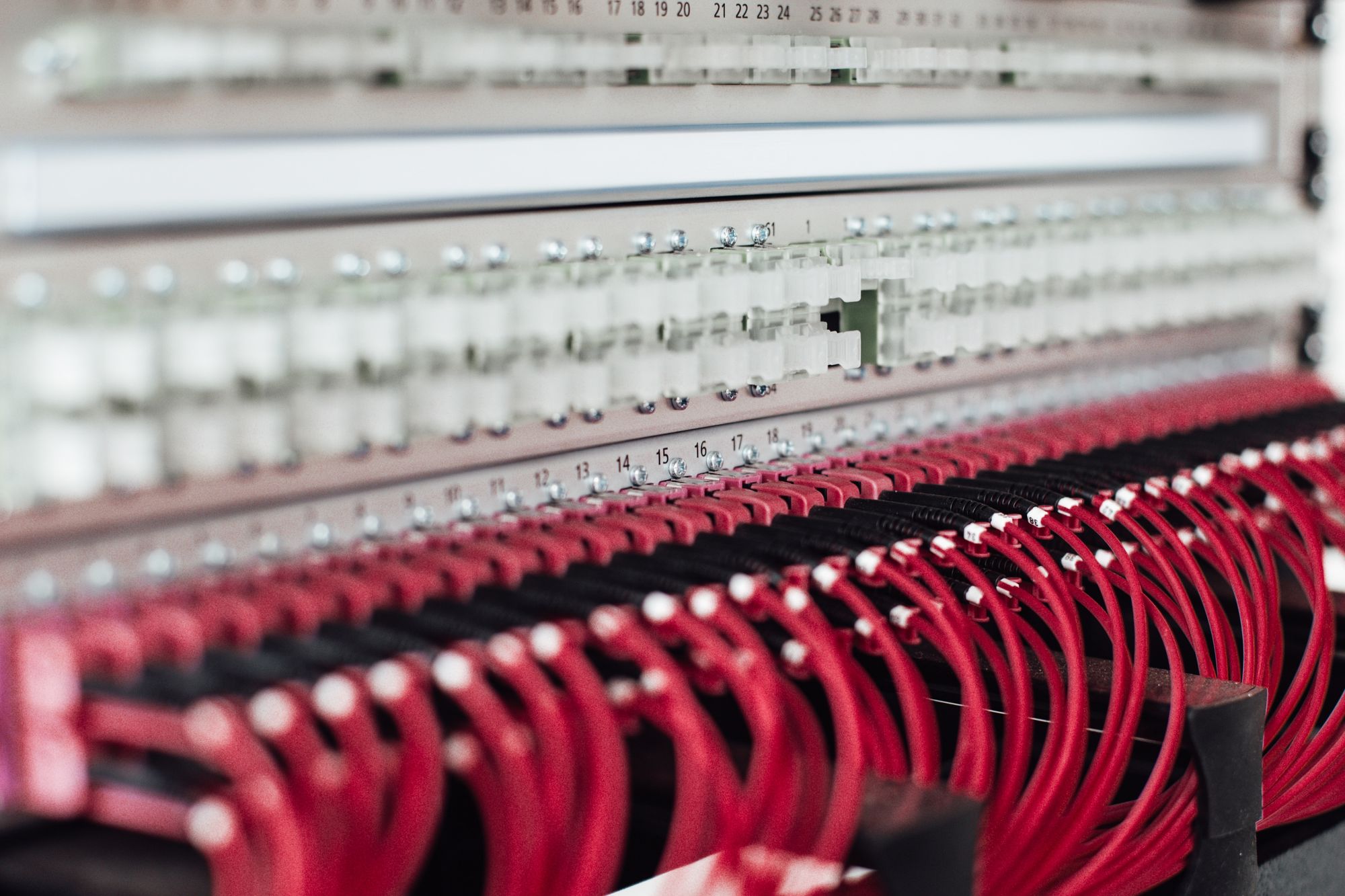Solid State Drive (SSD) vs Hard Disk Drive (HDD)

Solid state drives and regular spinning hard drives have a lot in difference. Although they are essentially the same thing, storing your data for longer periods (after shutting down the computer), there are many things that make solid state drives and regular hard drives different.
One of the major things that solid state drives has is does not spin. Rather than spinning metallic coated platters like regular hard drives, solid state drives have integrated circuits. Since SSDs do not spin, they do not have any noise, they are can tolerate higher temperature, and they are very resistant to drops and vibrations. While hard drives can be damaged by magnets, SSD are unaffected by magnets and electrical surges (theoretically).
Another things that SSD has an advantage is that they start-up almost instantaneously, rather than taking several seconds to boot up in regular hard drives. Also SSD have dramatically faster read and write times, since SSD has direct access to flash memory and not having to wait to move the read and write heads to the location where the file is located. While hard drives transfer files around 100MB per second, SSDs transfer around 100 MB per second to 500 MB per second.
Another thing is that SSD do not need to be defrag to keep the read and write time low though one of the downsides to SSD is that their write performance is dramatically affected by the amount of free space/blocks on the drive. Before SSD did not have TRIM support, causing blocks of data that is no longer considered in use to cause the drive to still become slow. With TRIM, the operating system can tell the SSD that the those blocks are no longer in use, keeping the SSD fast (though it still gets slow when more data is present on the drive.
One of the downsides of going with a solid state drive rather than a hard drive is that solid state drives usually cost more. While hard drives cost 5 to 20 cents per gigabyte, solid state drives cost around 50 cents to 1.5 dollars per gigabyte.




